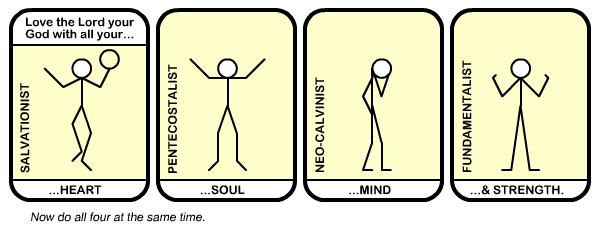One of the young people lent us a new worship song compliation. After some hesitancy I thought I would give it a go. I thought I know it is not my cup of tea but I should have a listen with an open mind.
It was good to hear one song that was focussed on justice and mercy in the refrain but the rest was very samey, in terms of style and language, do these people listen to westlife all day. I gave it a go but I just dont get it, the young person who gave it me would not spend all day listening to westlife or singing their stuff but to me the sound and the structure seems so similar to many of their recent tracks even down to the key changes. (opps i have just admitted listening to westlife in my defence this is because i spend a lot of time inthe car with radio two on – which i dont mind admitting I listen to)
Maybe Westlife are more cutting edge than I gave them credit for!333999

